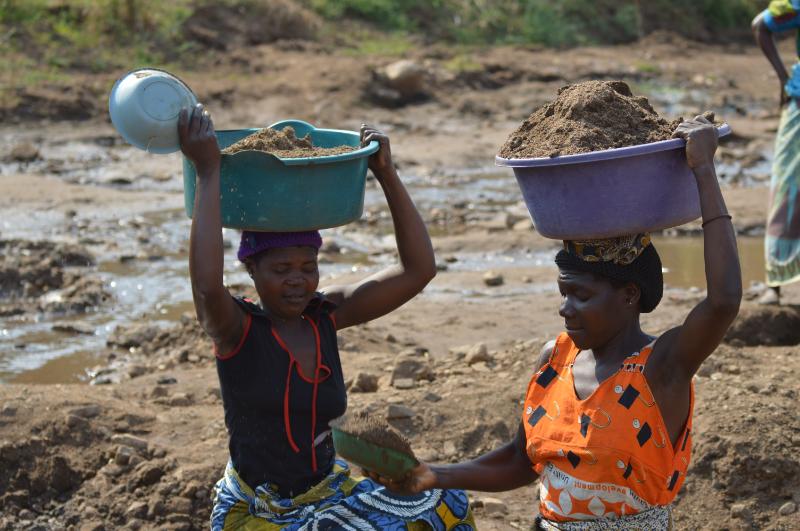Yosef Banda, a Malawi smallholder farmer, like many farmers in Southern Africa, did not produce enough maize in the 2015-2016 farming season. Climatic changes have been wrecking havoc in the region resulting in farmers facing hunger due to worsening droughts. Approximately 70 percent of the people in Southern Africa live in rural areas and depend on subsistence agriculture for their livelihoods, making the consequences of climate change dire.
To complicate matters, farming landscapes in the region are highly degraded. Climatic vagaries, such as droughts alternating with floods, have led to the loss of rich top soil through soil erosion and sedimentation, rendering large tracts of land worthless to those dependent on exploiting the area’s bio-resources. The majority of the soils are now poor with low fertility, low organic matter content and low water retention.
Banda, however, blamed the poor production of his land on a lack of fertiliser. So he moved to Malawi’s capital city Lilongwe to work as a labourer. He said he hopes to raise USD50 to enable him to buy fertilisers.
For Banda and many other smallholders in Southern Africa, survival is the main concern, while taking care of the environment is a secondary issue. To raise money for fertilisers, Banda started working for a local business involved in brickmaking. The booming construction business in Malawi has resulted in a high demand for bricks, which is leading to even further degradation of soils. Brickmaking causes water and wind erosion, leaching and salinisation, which not only negatively affects food production, but also exposes communities to flood risks.
In Southern Africa, governments have continued to support small-scale producers through different schemes, including dedicated budgetary support for fertilisers and hybrid seeds. Much as this is contributing to food security, it is not helping to improve biodiversity or water and soil health. If anything, the continued use of artificial fertilisers only contributes to the degradation of soil.
At the same time, energy demand is very high and the energy mix within Southern Africa is not able to meet the household, commercial and industrial demand. At household level, there is higher dependence on firewood and charcoal. This has led to an activity shift for small-scale farmers, who are now focusing their energies on producing charcoal. The indiscriminate cutting of trees to produce charcoal is yet another factor contributing to soil and ecosystem degradation.
Against this background, Hivos Southern Africa is pioneering a civic-driven approach that promotes equitable, healthy and sustainable food and landscapes. Farms, forests, water bodies and settlements are not isolated elements but part of a wider landscape in which all land uses are integrated. A landscapes approach entails viewing and managing multiple land uses in an integrated manner, considering both the natural environment and the human systems that depend on it. The landscape approach seeks to simultaneously contribute to climate change mitigation and adaptation, food security, livelihood opportunities, biodiversity conservation and cultural and recreational needs.
Too often policies are imposed in ways that do not consider the everyday issues facing local communities nor the solutions they suggest. Hivos aims to change the pattern from top-down planning to a more participative, bottom-up approach that takes into account the aspirations of multiple stakeholders. The benefits of collaborative forms of governance include better integration of knowledge systems, better utilization of distributed resources, and the enabling of learning processes.




